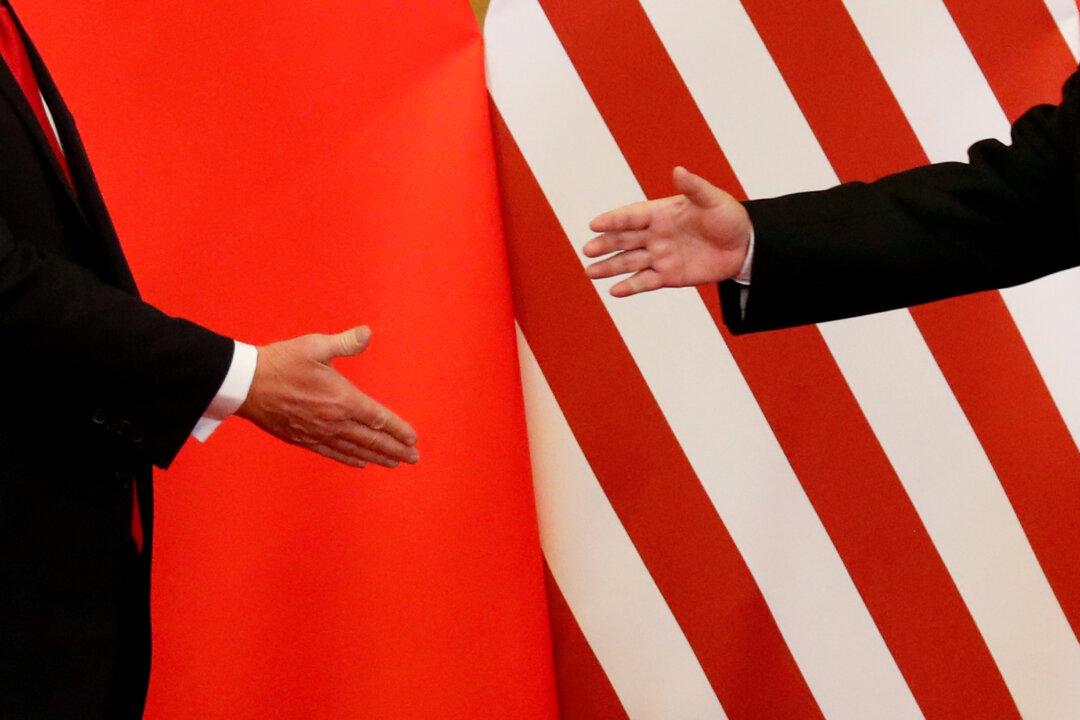A delegation of U.S. senior trade officials visited Beijing on May 3 and 4, hoping to ease trade tensions and negotiate a fairer trade relationship.
Reports about the talks indicated that a deal wasn’t reached, but there were some concessions. China said it would reconsider duties on U.S. sorghum, increase U.S. imports to lower the trade surplus, and lower tariffs on certain U.S. goods.
One of President Donald Trump’s former presidential campaign advisers, Andrew Puzder, believes that the United States is in a good negotiating position. “In business, you have to pay attention to the customer,“ he said by email. ”America is China’s biggest customer. A lot of the media seems to have concluded that Beijing won’t make concessions, but I believe it would be unwise for China to ignore its biggest customer and put at risk a trade relationship that is more important to the Chinese economy than it is to the U.S. economy.”
Puzder was Trump’s first nominee for labor secretary and serves as a policy adviser for America First Policies, a super PAC founded to advocate for Trump’s policy agenda. He spoke with The Epoch Times about how the United States can seek to maintain an equitable trade relationship while also holding the Chinese regime accountable for its actions that run counter to free competition.





